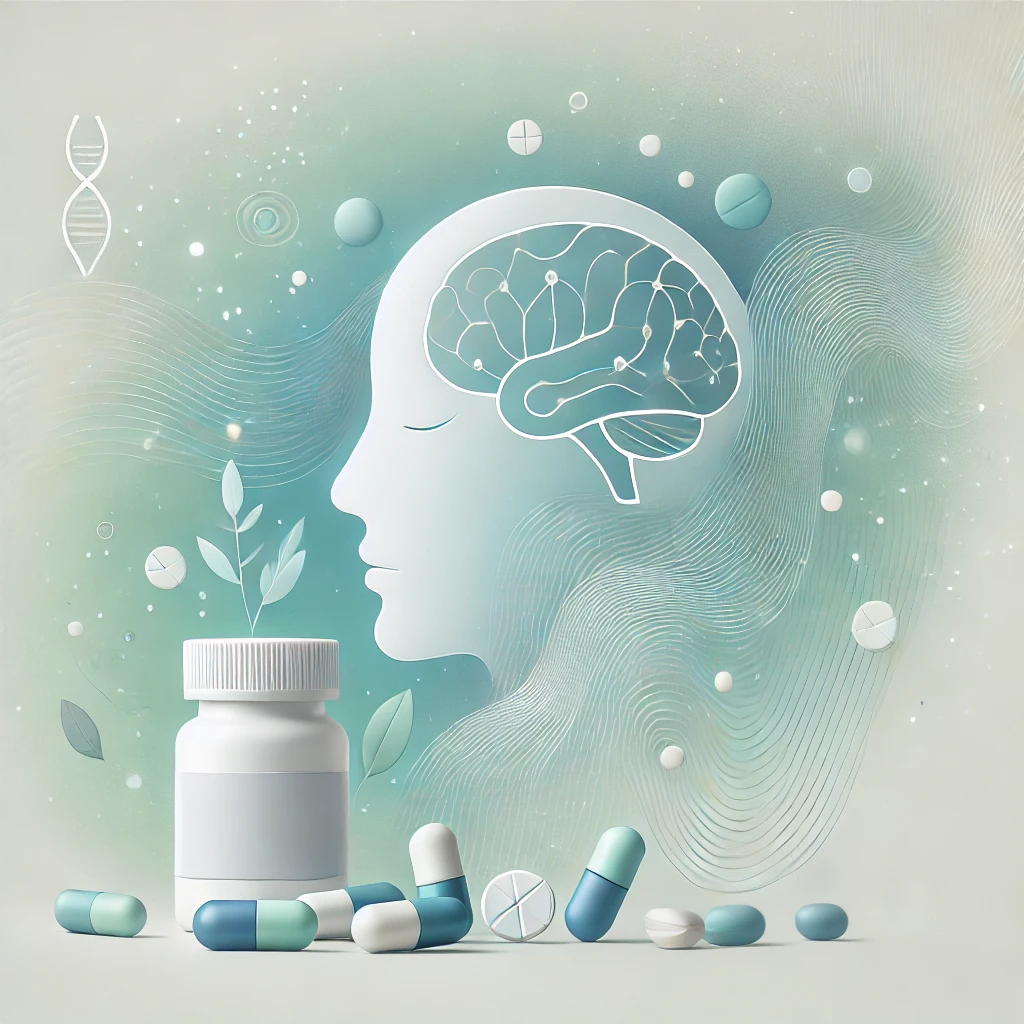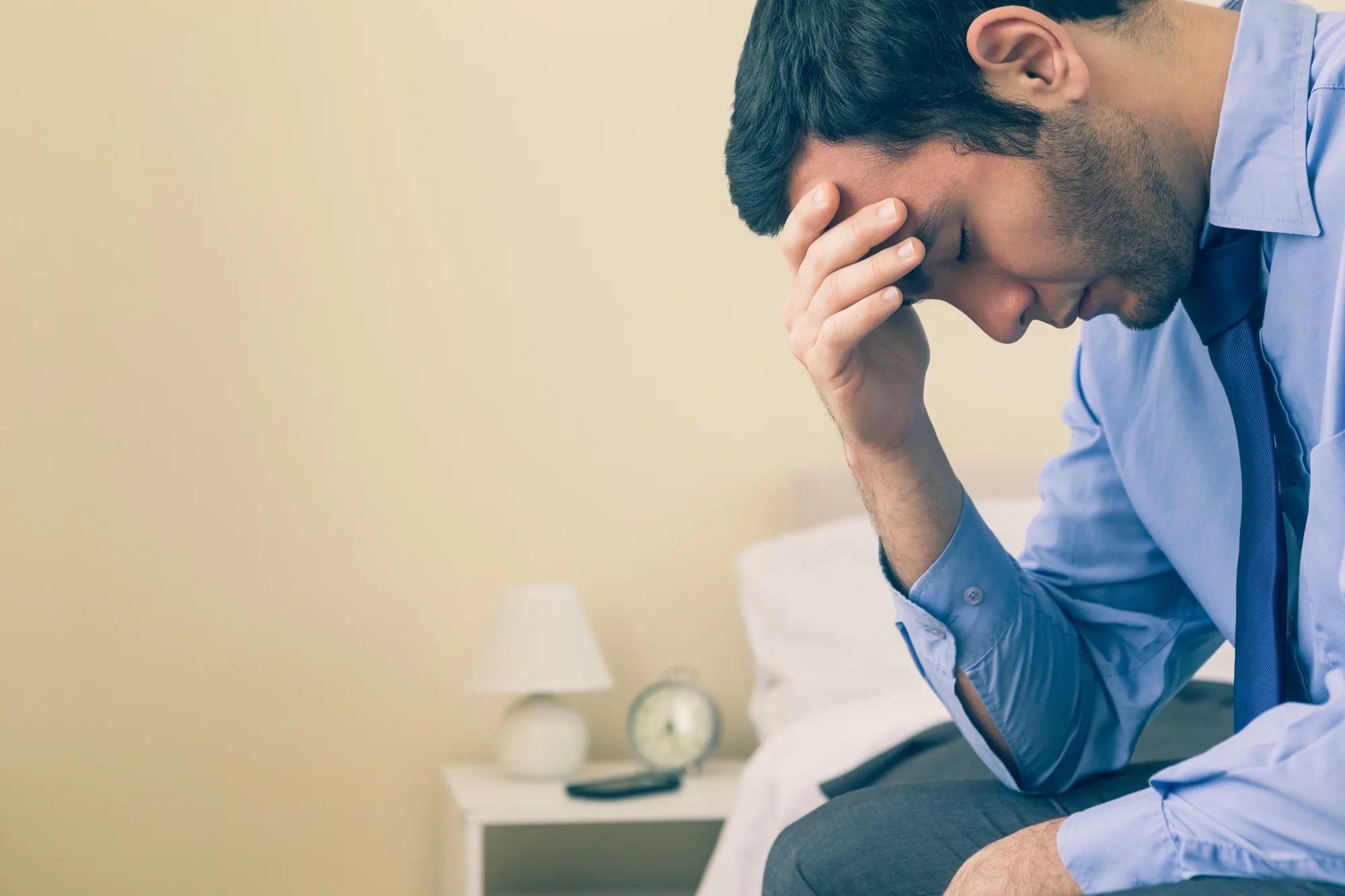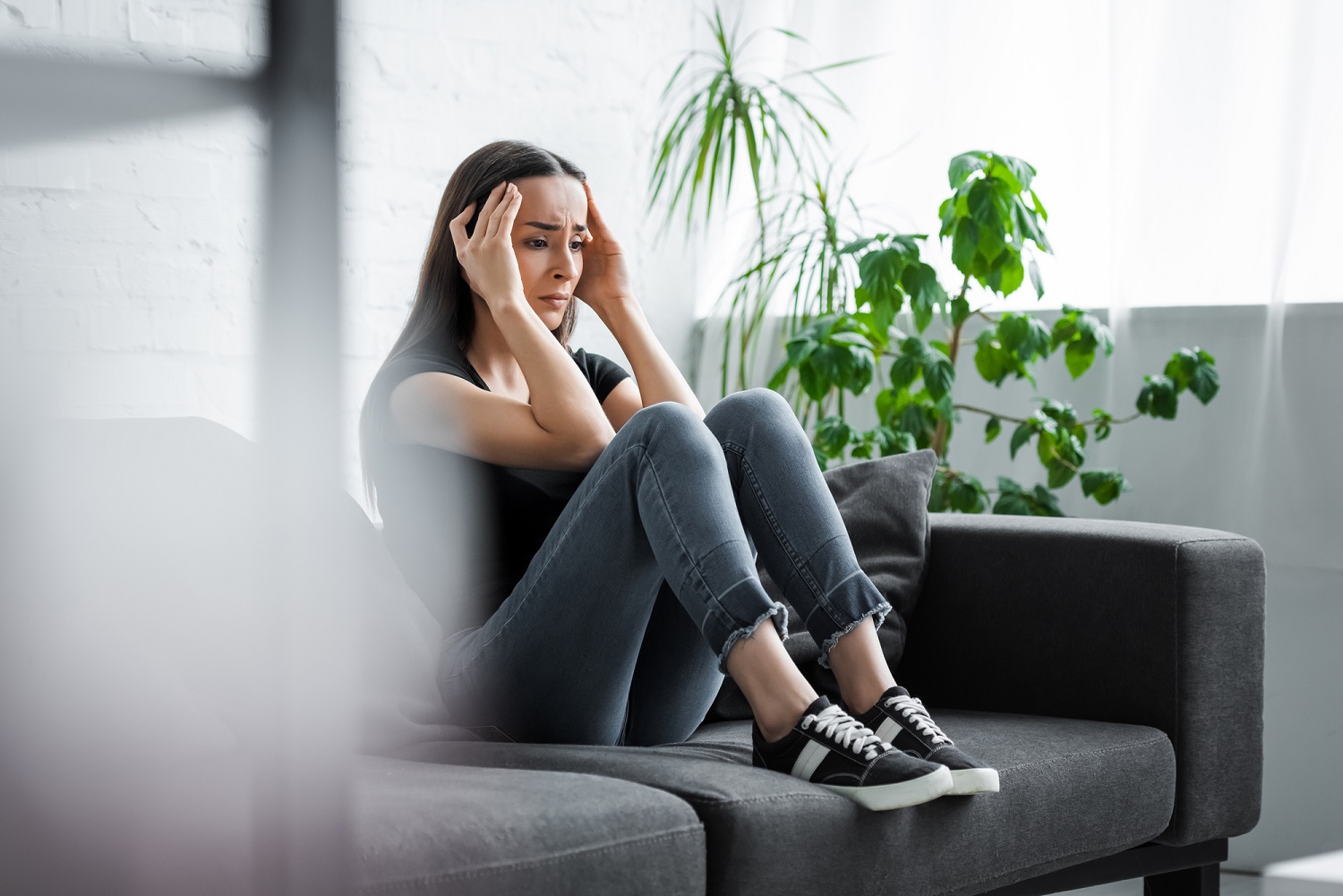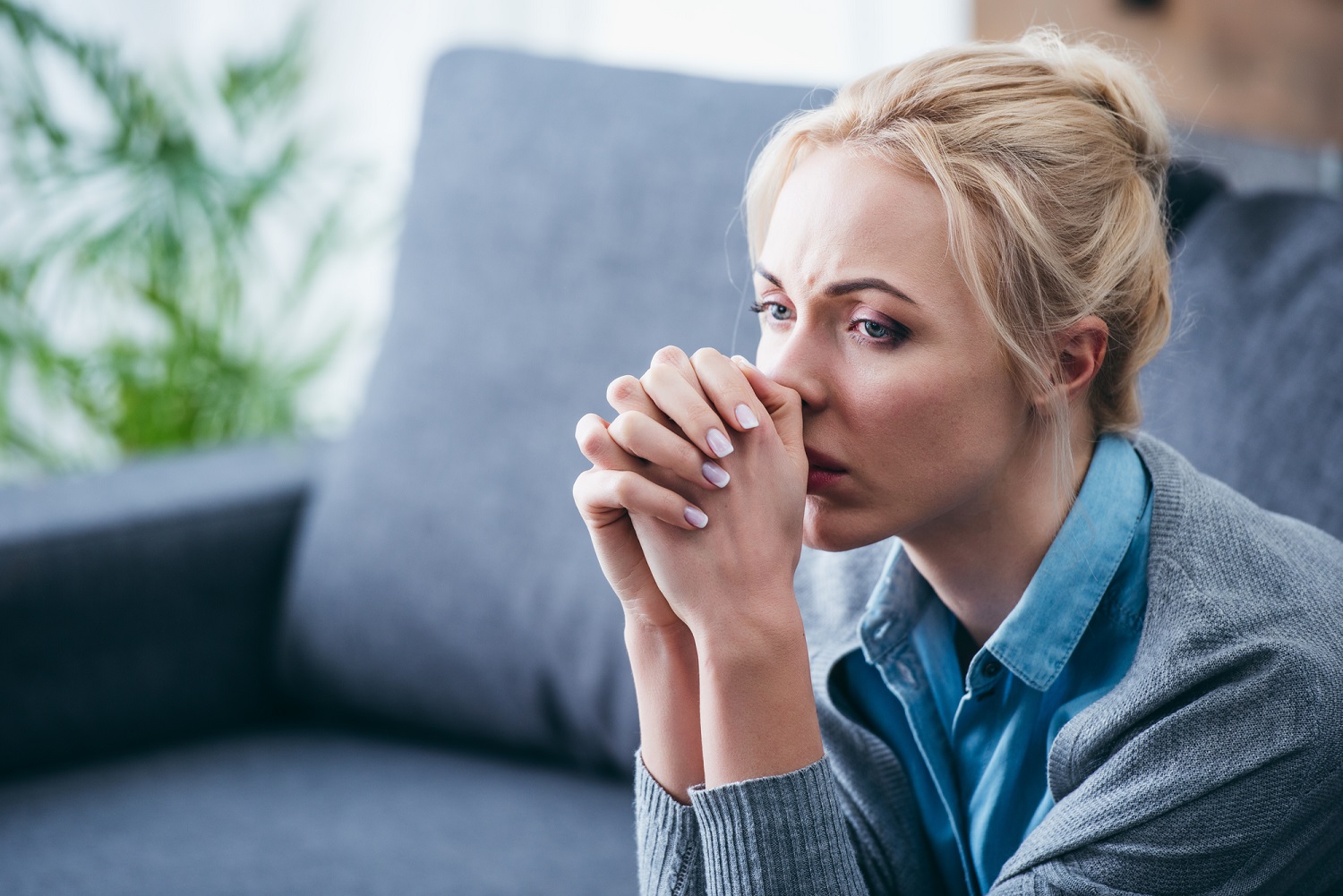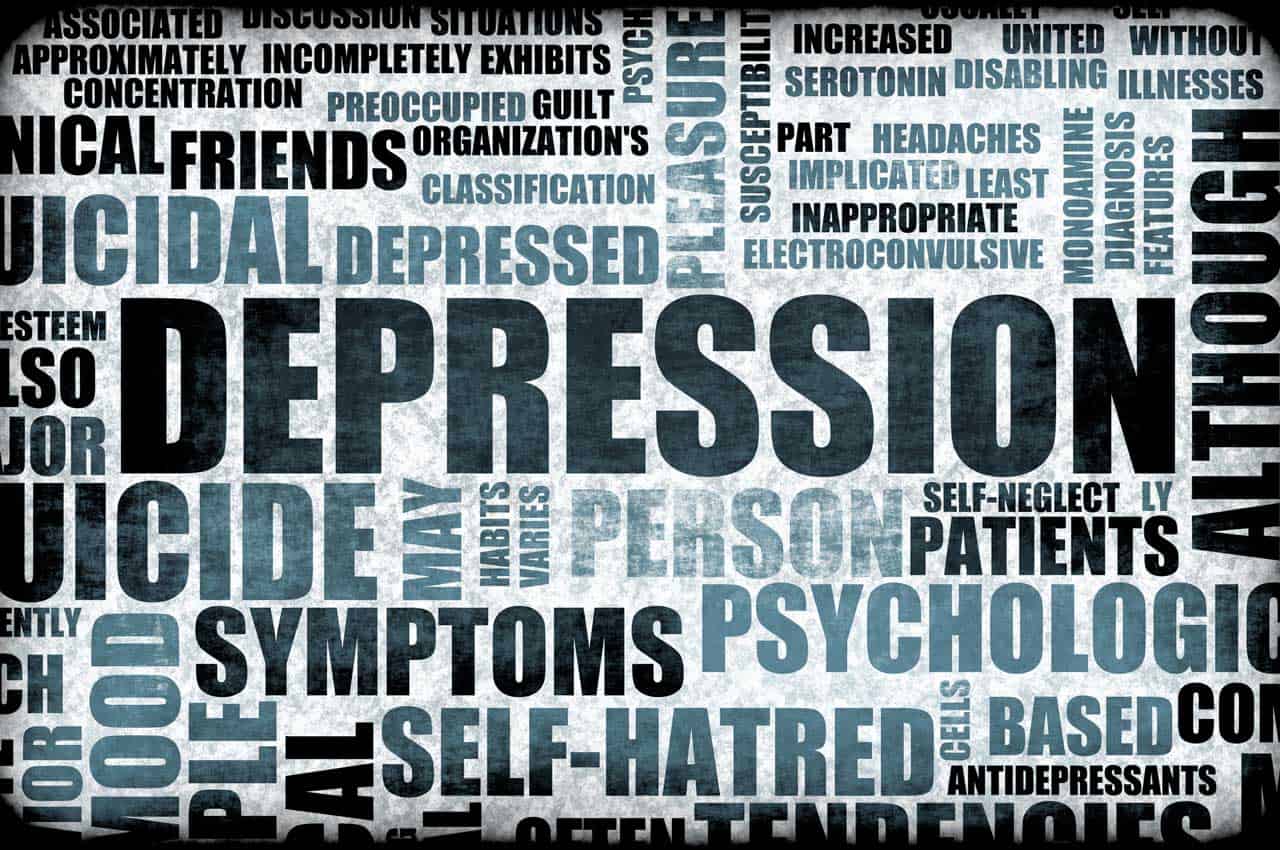With its growing legality in the United States and continuous discovery of medical uses, it is now a common belief that cannabis is a harmless drug. Many people choose to self-medicate with cannabis for a variety of medical conditions. Self-medicating can be dangerous for a variety of reasons: you don’t have any regulation or feedback from a medical professional, there is no monitoring of your response to the medication and dosage readjustment, and there could be a lack of research on the efficacy of that medication for treating your particular condition.
Marijuana is commonly used among people with depression, as the drug makes the user feel good in the short term. Some individuals may even think that it is a valid medical treatment for depression. However, regular or heavy cannabis use, for medicinal or recreational purposes, can and does have negative effects, and can actually worsen depression, especially in the long term.
The Link Between Depression and Cannabis Use
Many researchers have identified a correlation between depression and the use of marijuana. People who regularly use marijuana are more likely to experience major depressive episodes or have a depressive disorder, and individuals with depression are more likely to be cannabis-dependent than those without depression. Clinical data does not yet explain the nature of this correlation, and there are three possible, and potentially confounding, explanations for the relationship:
1. Marijuana use causes depression
The consideration that marijuana may cause depressive symptoms is still a possibility, as well as the hypothesis that cannabis indirectly increases the likelihood of developing depression by impairing psychological adjustment. Using marijuana, especially at an early age, could lead to life events or challenges that create predispositions to depressive disorders. Some preliminary longitudinal evidence indicates that cannabis use early in life (childhood to early 20’s) is predictive of an increased risk of depression by age 27, even after controlling for confounding factors like family history and childhood depression.
2. Depression causes marijuana use
A popular hypothesis is that individuals with depression use marijuana to self-medicate, thus describing the correlation. While this is certainly possible in some cases, research already suggests that there are many other factors that increase the risk of cannabis use. Additionally, some longitudinal cohort studies indicate that there is no predictive relationship between depression and the onset of cannabis use.
3. Common factors increase the risk of both marijuana use and depression
There could be a variety of other factors that predispose people to both cannabis use and developing depression. Some of these shared risk factors may be social disadvantage, family dysfunction, parental psychiatric illness, and high rates of separation or divorce. Some studies have indicated that the correlation between depression and marijuana is reduced when confounding variables are controlled for, suggesting that these factors may at least provide a partial explanation for the relationship.
Dangers of Cannabis Consumption with Depression
At the surface level, cannabis may seem like a viable, or even “fool-proof” treatment for depression, as it has been shown to significantly reduce depression symptoms in the short term. And if not for medical purposes, it may seem like a harmless recreational drug. However, self-medicating with cannabis or using it regularly when you have depression can cause problems and is certainly not risk-free:
- Cannabis use can make depression symptoms worse: In a recent naturalistic observational study of medical cannabis users in 2018, researchers found that baseline symptoms of depression appeared to worsen across time.
- Lack of motivation: Self-report studies suggest that marijuana use can lower motivation, which can make it more difficult to engage in healthy or mood-improving activities.
- Other drug use: Cannabis use is associated with higher risk of tobacco use and the misuse of alcohol and other drugs.
- Lower chance of seeking help: Individuals who use cannabis recreationally are less likely to seek professional care for depression. Additionally, heavy cannabis users who do see a mental health professional have an increased chance of their prescribed treatment being ineffective.
- Both depression and cannabis use are linked to frontotemporal dementia later in life.
Cannabis Use Disorder
While cannabis itself is not commonly thought of to be physically addictive, there is ample evidence that daily users can develop serious dependence, leading to Cannabis Use Disorder (CUD). CUD can be diagnosed by a physician or mental health professional, and often includes symptoms such as developing a tolerance (thus needing to increase the amount and frequency of use), inability to stop, withdrawal, and continued use despite adverse consequences. However, a few studies have now looked at potential treatments for CUD, including TMS. An April 2022 study showed that TMS decreased craving in CUD individuals by stimulating the dorsolateral prefrontal cortex, and a May 2020 study postulated that ketamine can additionally help to increase abstinence from cannabis in individuals suffering from CUD. Both of these studies seem to align with the hypothesis that CUD is more of a symptom of depression (and/or another mental health diagnosis, such as anxiety or PTSD) as opposed to its own unique diagnosis.


